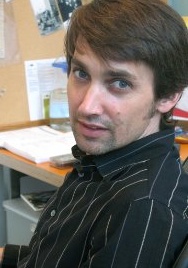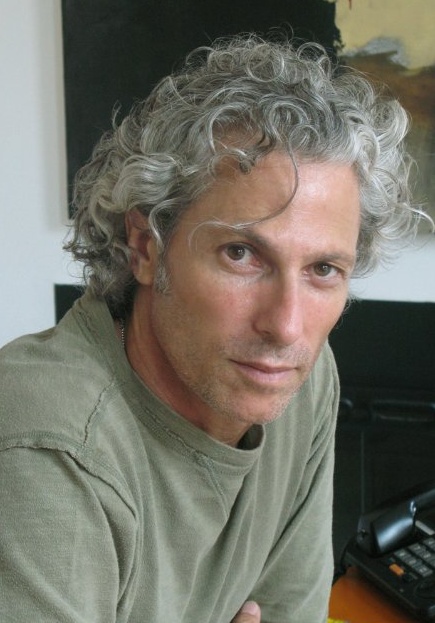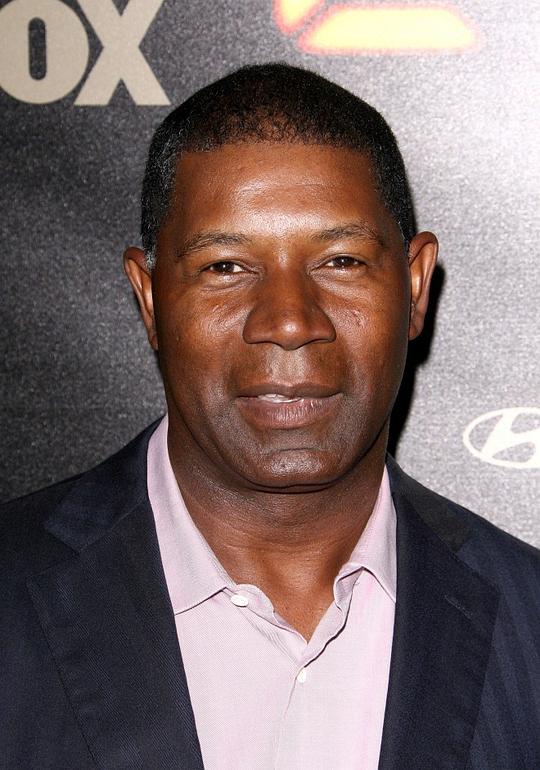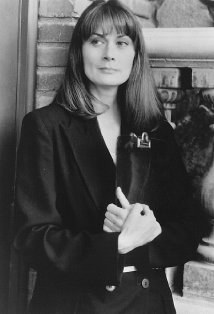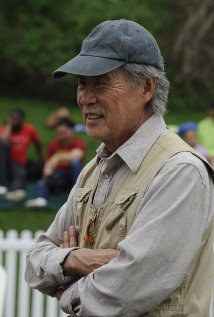天魔无缝 Suture(1994)

导演: Scott McGehee/ David Siegel
编剧: 斯科特·迈克吉 大卫·西格尔 David Siegel
制片国家/地区: 美国
上映日期: 1994-08-24
片长: 96 分钟 IMDb: tt0108260 豆瓣评分:8.3 下载地址:迅雷下载
简介:
- 在父亲的葬礼上,富裕的文森和贫困的克里两兄弟第一次见面,然后谈起他们相似的样貌。克里想着他的生活即将摆脱贫困的阴影,然而他并不知道,文森正准备设计用汽车炸弹灭掉他,然后文森带着父亲的遗产到另一个地方开始新生活。但是克里在爆炸中幸存下来,还在医院里重新恢复自己的样貌、记忆和身份。这里面到底有什么谜团?
演员:
影评:
- This is a curious little film.
"Little", because that is the kind of movie it seems to aim to be. The plot is tightly wound like a David Mamet film; likewise the manifest restraints of the acting, deliberate and disciplined. Is it plausible? That question is not the point, since from the very beginning the film-maker has asked us to suspend disbelief, by way of having a black and a white actor, who share no physical resemblance at all, as identical twins whom neither their mother nor the plastic surgeon can tell apart (the surgeon actually comment on the black twin's Greco-Roman physiology). The contruct of events is highly stylized, in a quitessentially "American" way that is of the schools of Mamet, Lynch or Wim Wenders. But this detachment from plausibility is matched with painstaking attention to details, so that it feels like life in its smallest minutia: yes, just the way we experience our nightnmares, those encounters of familiarity AND strangeness. For instance, the nurse's precise and deliberate articulation, or the psychiatrist's freshening up his mouth before entering the patient's room, or the surgeon's digressions on target shooting., all adding up to a measured precision. Also as in nightmare, our observations seem omnipresent: we can see how a "character" enter our room from behind his back, and how ourselves get up from the couch to greet him. A well-constructed nightmare, indeed.
The strangely fitting soundtrack of folksy rock-and-roll contrasts ironically with the intelligent lines and tight acting (for instance, the black homor in the country singing: "love is a burning pain", when the hero is packed off in an ambulance, suffering 95% burn from an almost-fatal explosion). Or the atmospheric touches like the ominous jazz tempo leading up to the twins' re-union, or the wonderful, nightmarish noise of someone running a baton across iron rails. For me, thoroughly enjoyable.
When I call the film "curious", I am referring to its odd yet plaudible boldness in its intellectual wrappings. How often do you hear a movie character quoting Auden, "learn from your dreams what you lack", or Shalespeare's "fatherful remembrance", as the psychiatrist does? And the surgeon's digression on the origin of plastic surgery in 15th-century Italy. And the frequent use of Bel Canto arias in the soundtrack: what's the last time you see on screen a birthday gift given in the form of a live oratorio (Gluck?) in the hospital? All the characters, the doctor, the widow mother, and even the cops, are not afriad of speaking with a precision of vocabulary that is, well, shocking to hear in an American film. People casually toss off words like "tumultous" or "thwart his compulsion", and the words don't sound out of place, either. The film-makers are admirably indifferent to the American mass's knee-jerk anti-intellect sentiments, and obviously nonchalant to the worries of turning away the mainstream audience with their high-brow "excesses". I love them!
To round up this review, let me pay tribute to the dream references in this film, and fend off critics, with another quote (from Apopcrypha, Ecclesiasticus 34:2.):"Whoso regardeth dreams is like him that catcheth at a shadow, and followeth after the wind." Enjoy. 
The debut feature of US filmmaker-duo Scott McGehee and David Siegel is a pristine-looking psychological forensics of an individual's confused identity, shot in widescreen black-and-white cinematography, SUTURE has its unmissable neo-noir panache awash but also undeniably undercut by its slight story-telling stratagem.
McGehee-Siegel’s conceit is surprising and madcap, the purportedlyidentical half-brothers Vincent Towers (a dour-looking Harris) and Clay Arling (Haysbert) arediametrically different in their appearances (the racial distinction strikes as a self-aware but caustic jape), which at once impels viewers to suspend our disbelief and blatantly dissociates its scenario from any pretension of realism, as if to declare in its opening: don’t trust what you've seen.
Truly, what we see is a rather simple identity-swapping scheme goes amiss, after murdering his minted father, Vincent plots to liquidate Clay, his doppelgänger half-brother, whose existence is conveniently sealed from the outside, thus Clay would be the whipping boy passing off as Vincent, guilty and perished, then the real Vincent can return as Clay to claim his munificent inheritance. The plan is seamless a priori, but miraculously Clay survives the car comb and ends up with a disfigured visage and severe amnesia. Treated by Dr. Renee Descartes (Harris) to reconstruct his face, now believing he is Vincent, Clay’s memory has to take a longer divagation to recover his true identity under the psychoanalysis of Dr. Max Shinoda (Shimono), who is welded together with the image ofRorschach test and passes wisdom in shrink's parlance by rote, and it goes without saying, the real Vincent will not have Clay usurping his heirdom for too long, danger and myth (for instance, what is the ulterior motive of Vincent’s recently widowed mother Alice Jameson,played by an elegantly dressed, seemingly benignant Dina Merrill?) are hovering like dark cumuli, and the film's ending sternly keeps the lid on its barbed irony of Clay’s ultimate choice.
In lieu of salting the plot,McGehee-Siegel duo resolves to making the mark of their cinematic style with their puny budget ($900,000). Potentially intensified by the sagacious choice of monochrome, the film emanates a beguiling retro-experimental flair with its punctiliously arranged compositions, high contrasted lighting and shades (inside thepost-modern edifice equipped with bedsheet-covered furniture and unadorned walls functioning as Vincent's clinical abode)and jumpy montages.
Another boon to this glossy debut is Dennis Haysbert, a straight-up leading man material endowed with virility, sensibility and fine fettle, who totally has it in him to rival Denzel Washington’s prominent status in Hollywood only if we were living in a world of justice, and SUTURE, at any rate, is the bona-fides of the overlooked standing ofMcGehee-Siegel’s oeuvre.
referential points:McGehee-Siegel’s WHAT MAISIE KNEW (2012, 7.6/10), THE DEEP END (2001, 7.7/10); Georges Franju’s EYES WITHOUT A FACE (1960, 7.6/10).
